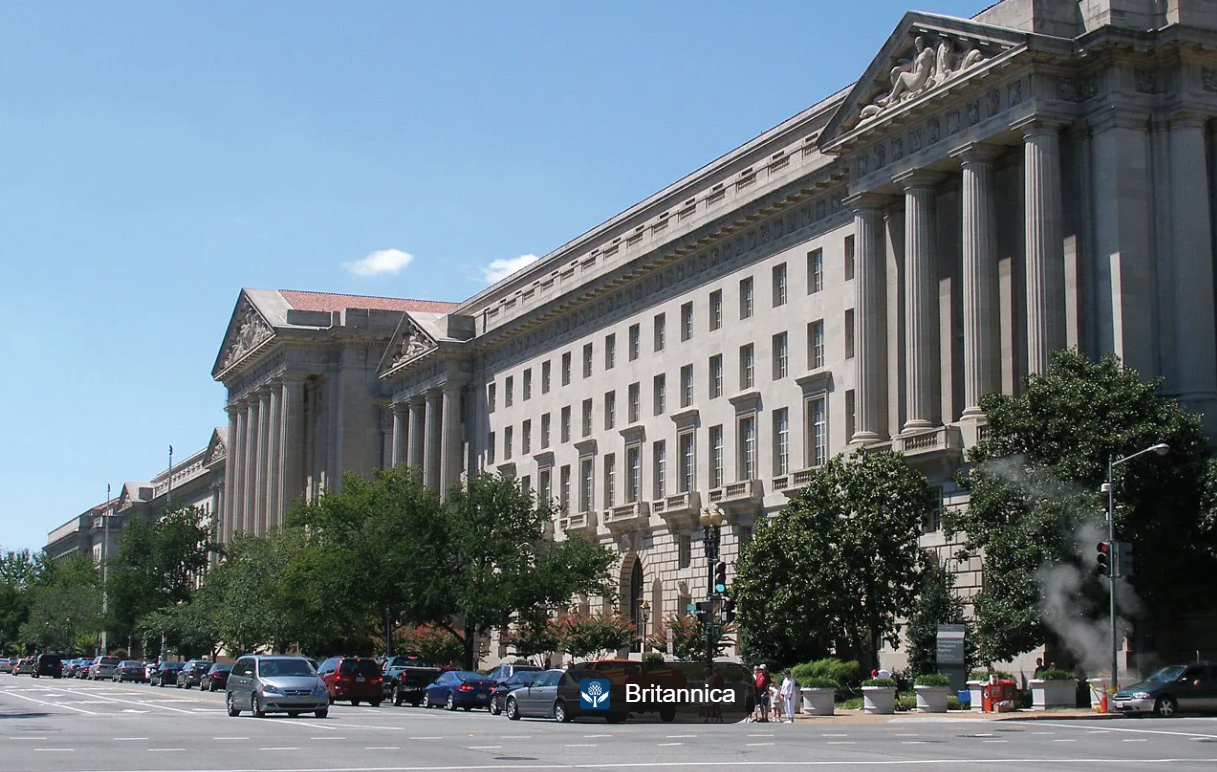EPA Overhauls Science Advisory Panels: What This Means for Environmental Policy in the USA
A Major Shift in Environmental Policy: In a bold move signaling a shift in environmental governance, the Environmental Protection Agency (EPA) has dismissed all members of its key scientific advisory panels—the Clean Air Scientific Advisory Committee (CASAC) and the Science Advisory Board (SAB). This decision, announced by Acting EPA Administrator James Payne, aims to “reset” the advisory groups and align them with the agency’s evolving regulatory approach.
This overhaul raises critical questions: Will this restructuring ensure more balanced policymaking, or does it risk undermining the scientific integrity of environmental decisions?
Why Did the EPA Dismiss Its Science Advisers?
The EPA’s advisory boards play a crucial role in shaping U.S. environmental policies by providing independent scientific and technical insights on issues like air quality standards and climate regulations. However, the agency has periodically dismissed and restructured these panels to realign them with new administrations’ priorities.
According to Payne, this decision is intended to ensure that scientific advice provided to the EPA remains within the scope of legal obligations and reflects a broader range of perspectives. He emphasized that current members can reapply, and new nominations will be sought soon.
A Pattern of Reshuffling: Not the First Time
This is not the first instance of a major shakeup in the EPA’s scientific advisory panels.
- In 2021, former EPA Administrator Michael Regan similarly dismissed all science advisers to address concerns over conflicts of interest and undue industry influence.
- Under the Trump administration, efforts were made to limit the participation of academics receiving EPA grants, shifting advisory positions toward industry representatives.
- The Obama administration focused on enhancing independent scientific review, often clashing with industry perspectives.
These shifts reflect the ongoing tension between scientific integrity and policy-driven decision-making within the EPA.
Critics vs. Supporters: Divided Opinions on EPA’s Decision
The decision to dismiss science advisers has sparked heated debate among policymakers, environmental organizations, and industry stakeholders.
✅ Supporters argue:
- The reset will introduce new voices and prevent advisory groups from being dominated by long-term members with potential biases.
- More industry perspectives will ensure that environmental regulations are practical and economically viable.
- The move aligns with the administration’s legal framework to balance environmental protection with economic growth.
❌ Critics warn:
- The dismissal could lead to a politicization of science, where advisory panels are filled with members sympathetic to specific policy agendas.
- It jeopardizes the credibility of scientific input, potentially weakening climate and environmental regulations.
- The reset may disrupt ongoing research and delay crucial policy recommendations related to air and water quality.

A former science adviser, speaking anonymously, stated:
“This kind of reshuffling, while not unprecedented, disrupts ongoing work and risks sidelining independent scientific perspectives. The public deserves transparent, data-driven policies—not politically motivated decisions.”
What’s Next? How the EPA Plans to Restructure
With all existing members dismissed, the EPA will soon open new nominations to fill these critical advisory positions. The agency has assured that:
- Independent scientific review will remain a priority.
- New advisers will include experts from multiple disciplines, including climate science, public health, and industry.
- Public input may play a role in the selection process to ensure fair representation.
This move will likely influence future environmental regulations, particularly those related to climate change, pollution control, and sustainability policies.
For more details on how EPA policy changes impact U.S. environmental regulations, read this comprehensive report by Politico.
The Bigger Picture: How This Decision Affects the USA
The restructuring of EPA’s advisory panels could have far-reaching consequences for businesses, industries, and communities across the United States. Key concerns include:
- Potential Policy Shifts: New advisers may recommend less stringent air pollution regulations, benefiting industries but raising environmental and health concerns.
- Climate Change Strategies: How will the restructured panels influence green energy policies and carbon emission targets?
- Public Health Implications: Will the new approach weaken scientific standards on air and water quality protections?
The EPA’s decision is expected to shape environmental policies for years to come. With new nominations set to open soon, all eyes will be on who gets appointed and how it influences the nation’s environmental strategy.
Final Thoughts: A Defining Moment for U.S. Environmental Policy
The EPA’s decision to dismiss and restructure its advisory panels is a significant moment in U.S. environmental policymaking. While some see it as a necessary course correction, others worry it threatens scientific integrity.
As this story unfolds, the balance between regulatory efficiency, industry interests, and environmental protection will remain a critical debate in the USA.
What do you think? Should the EPA reset its advisory boards, or does this move undermine scientific independence? Share your thoughts in the comments! [USnewsSphere.com]








